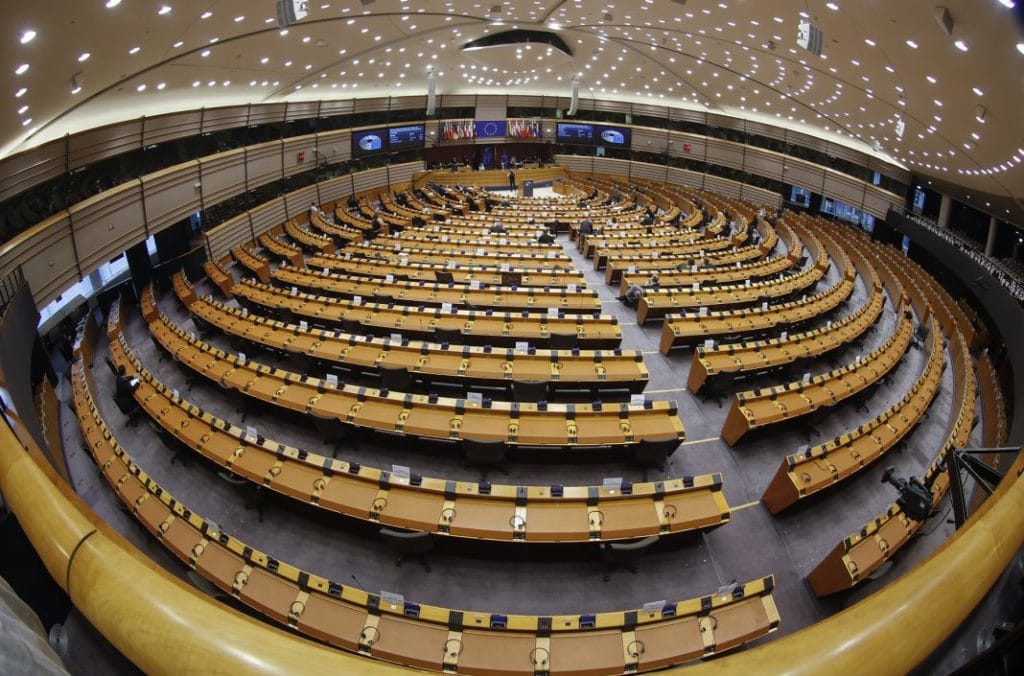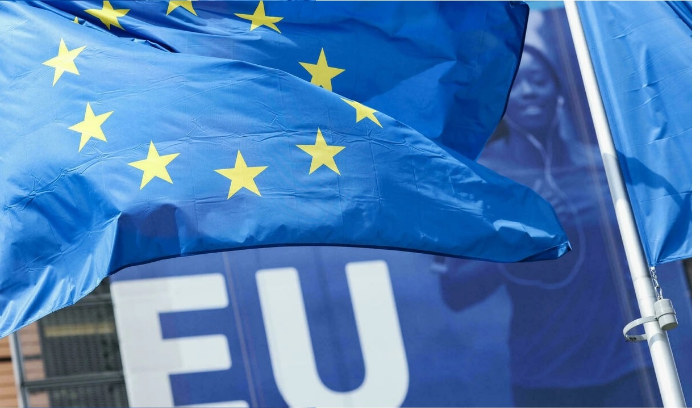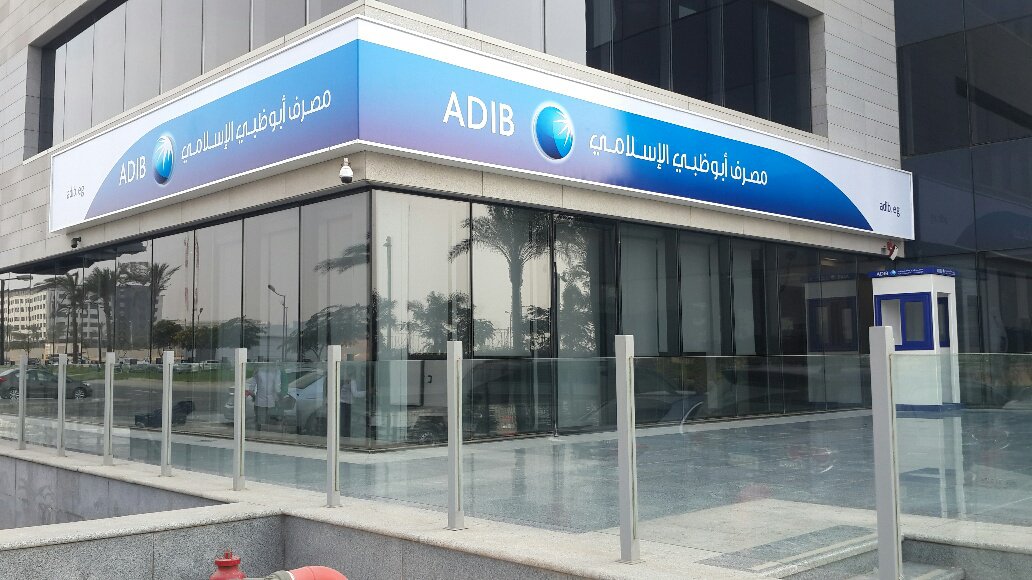EU Panel Discusses How Governance Can Help Blockchain Take Flight – ESG News

Brad Staples, David Seigel, Peteris Zilgalvis, Catalin Ivan, Louis De Bruin, and Paul Astengo Discuss Governance and Blockchain at Blockchain for Europe Summit (EU Parliament)
HIGHLIGHTS
- Decentralized identity without middlemen is going to be a fundamental pillar of the digital economy like Microsoft and United nations
- The purpose of governance in the EU should be to maximize the sustainable rate of economic growth
- Blockchain is actually the first the ideal technology for the European Union because it serves multilevel governance
(ESG News) – If most have us had been in Kitty Hawk, North Carolina, when the Wright Brothers were testing their airplane, we probably wouldn’t have been eager to hop aboard.
“But if you jump forward to where we are today with innovation, you can see that those innovators, who are trying to disrupt, have achieved something that has been very, very worthwhile,” Paul Astengo, Senior Executive and Blockchain Lead for the Government of Gibraltar, said at a European Union panel discussion on blockchain governance.
Astengo said he sees the development of blockchain much in the way he views the history of flight—in its nascent stage it is full of risk, but its future could very well soar.
In some ways, Astengo’s stance on blockchain is remarkable because of who he represents. He spoke on the panel not as part of a firm looking to advance blockchain for personal gain, but as a sitting government leader who had actively worked on the creation of blockchain regulation. In fact, Gibraltar passed the EU’s first blockchain regulation legislation in 2018.
If blockchain is going to change the world in the way some people predict—panelist Louis De Bruin, of IBM, said he expects blockchain to do for transactions what the internet did for communication—government will have to be part of the equation. The panel, moderated by Brad Staples, CEO of APCO Worldwide, discussed what that governance might look like and how it might be implemented. In addition to Astengo and De Bruin, the panelists were David Siegel, CEO/Founder of the Pillar Project; Catalin Ivan, EU MEP serving on the Romania Economic Affairs Committee; and Petris Zilgalvis, Co-head of the FinTech Task Force for the European Commission.
The December 2018 event was filmed live by the Traders Network Show, hosted by Matt Bird.
Siegel kicked off the panel with a thought-provoking keynote address describing four problems with governance followed by several blockchain-enabled solutions. For instance, he detailed how central banks failed to adequately respond to the financial crisis that resulted from the sub-prime mortgage cataclysm in the U.S. He also discussed the flaws in voting systems around the world.
Blockchain could be used to address both problems, Siegel said. To address the banking crisis, the technology can create decentralized financial systems that cut out costly middlemen and put people in more direct control of their own money, he said. To make voting better, blockchain could enable a system like quadratic voting, he said. Quadratic voting charges people to vote and allows them to vote as many times as they want—but each successive vote doubles in cost. Then, after the vote, all the money that was spent during the election gets redistributed equally among everyone who cast a ballot. Therefore, the system is meant to encourage wide participation, while allowing individual voters to increase their influence on issues they are passionate about.
Siegel acknowledged that such ideas may sound extreme, but he believes bold thinking is necessary.
“If we can learn to think new thoughts before we design the next financial system, we can have the Europe we want for the 21st century,” he said.
Other panelists expressed a desire for more incremental change. For instance, Ivan, a Romanian politician, said he was working with his colleagues to better understand blockchain technology.
“If we get to the conclusion that we really need blockchain and we want to use blockcahin, that means we need to reinvent everything,” he said. “Are we prepared to reinvent our ourselves, to reinvent our institutions, to reinvent the way we live our lives on a daily basis? I think we are not yet there yet.”
Still, Ivan said he supports pilot projects testing blockchain use cases. At the time of the forum, he said Romania was experimenting with elections that weighted votes based on a person’s expertise. For example, a doctor’s vote could count “more” in a vote about a healthcare issue.
“We tried to play with the idea to think new thoughts,” Ivan said in response to Siegel’s call to action. “We’ll see how it works.”
The panel went back and forth on how comprehensive the governance of blockchain technology needs to be.
Siegel said government’s primary role should be to step out of the way.
“It has to be bottom-up. Government’s role is to enable [innovation like blockchain], not to hand it down and ship it out,” he said.
Even Zilgalvis, representing the European Commission, which is the executive branch of the European Union, thought there could be times when government should play a smaller role. Still, he said, the European Commission didn’t want the development of blockchain to be the “Wild West.”
“Perhaps you need something to clear the way, to lower barriers, and perhaps you need something to give legal clarity for a new way to utilize decentralized systems—perhaps with smart contracts and with tokenization,” he said, considering the possibilities of blockchain regulation and the technology’s uses.
Astengo, who worked to develop Gibraltar’s legislation, said he supported strong, well-devised regulation.
“I don’t understand what light-touch regulation means, and I don’t understand how you can have a set of regulations that you can’t enforce,” he said.
In Gibraltar, legislators working to regulate blockchain ended up with guidelines that were clear and strong, but also adaptable, he said. “We felt that the space is changing and evolving very quickly, and we needed to be able to bring in something that would keep up with that,” he said. “If we had a standard set of rules that didn’t move…we would be left behind very quickly, and we would have to reinvent ourselves over and over again. So we have something that is certainly not light touch. The rigorous process that firms have to go through if they want to be licensed is there.” However, the legislation that passed in 2018 won’t necessarily be the guiding principles of blockchain technology in Gibraltar decades from now.
Representing corporate interests, De Bruin said businesses are reassured when governance systems are in place, so long as that governance isn’t too inhibiting.
“As blockchains are becoming operational, we see close cooperation between government institutions and business institutions, and they are at an even footing there,” he said. “It’s extremely important that parties understand that you have to work together. Blockchain only works if it has an ecosystem that is supporting it.”
And, as Ivan said, the public will only widely adopt a technology that they feel comfortable with.
“It’s about building trust. It’s about understanding technology. We need to have a responsible approach. We need to understand what we will regulate,” Ivan said.
What’s needed? “More discussions, more debates. Together we can create a framework that would prevent any kind of bad affects from this technology.”
Perhaps together, as was the case with the Wright brothers and flight, we can take blockchain to new heights.













